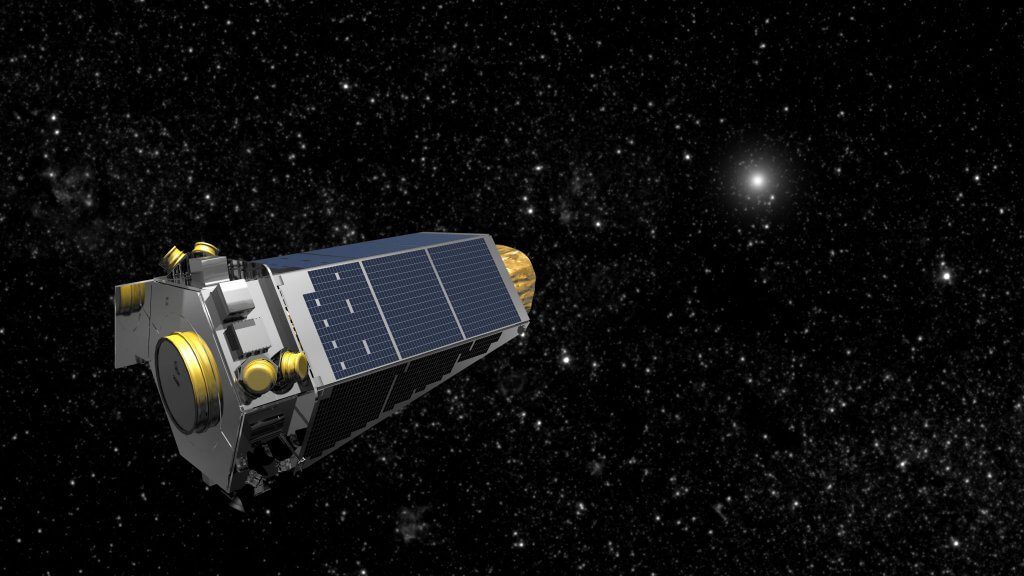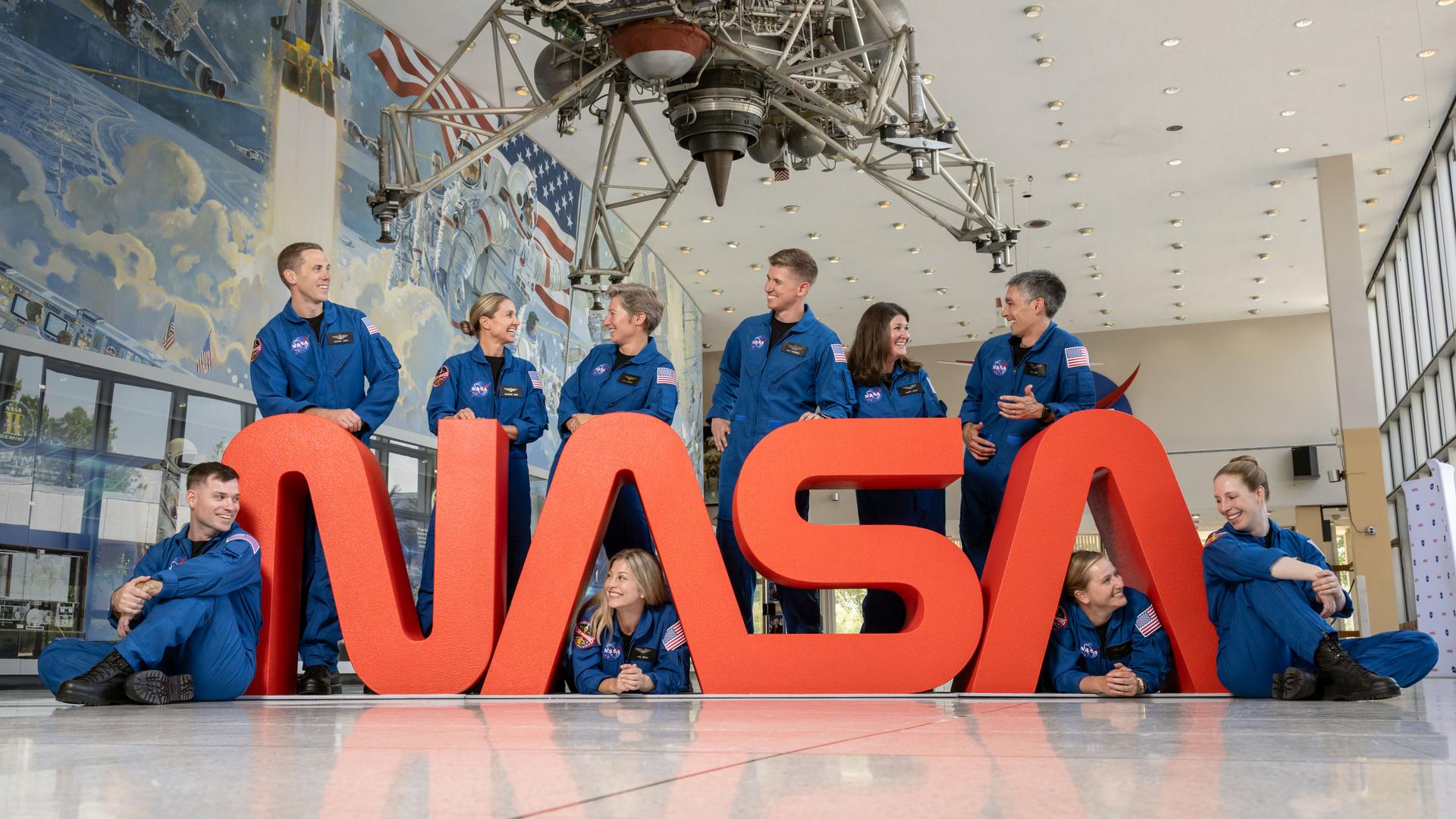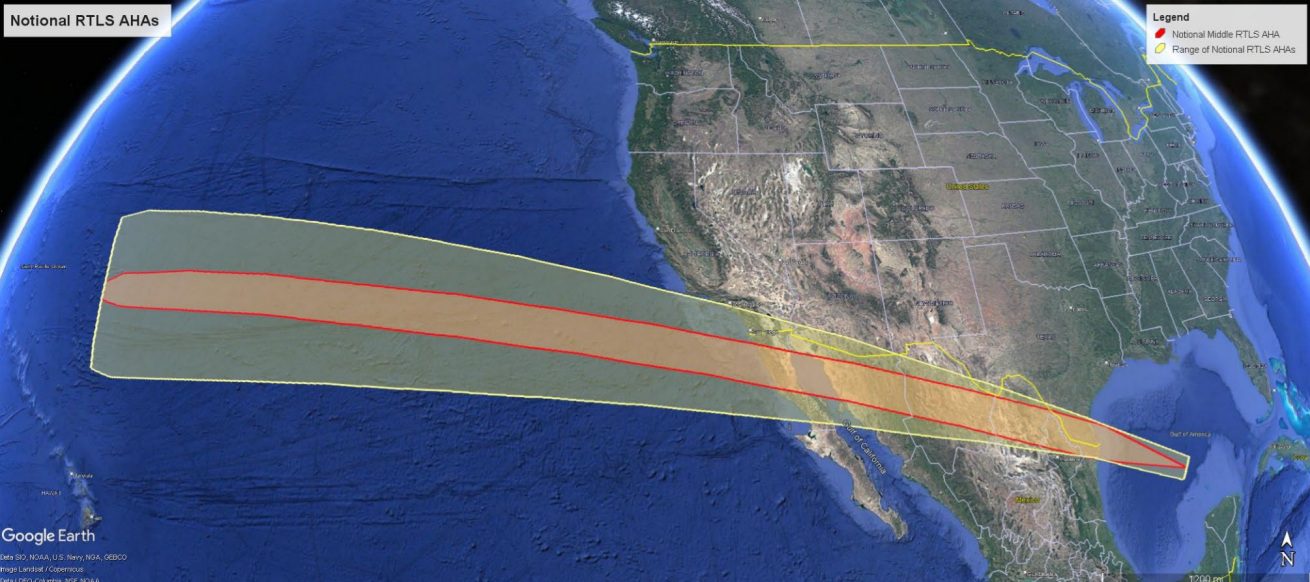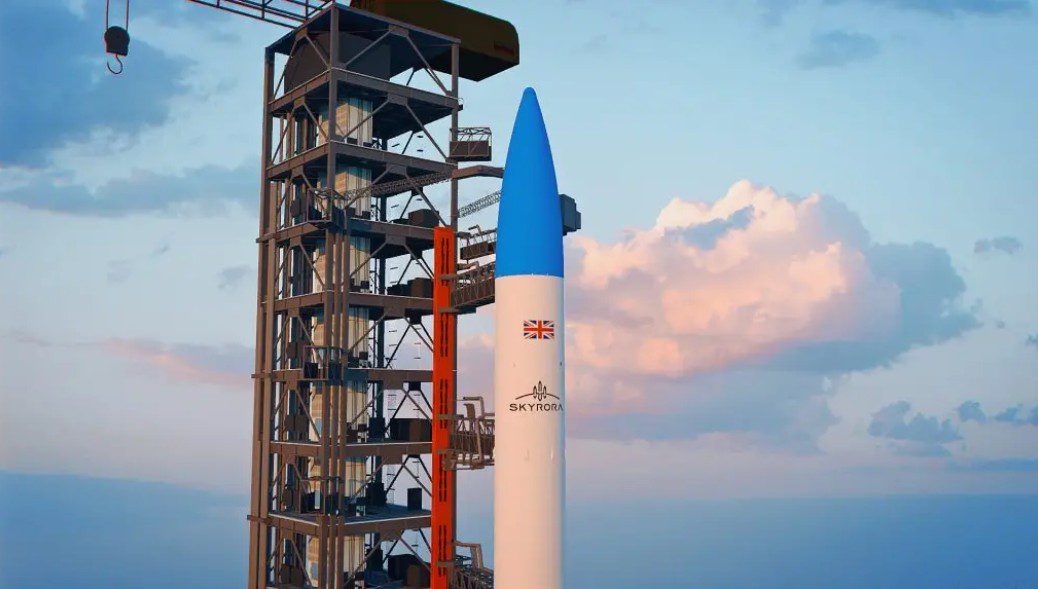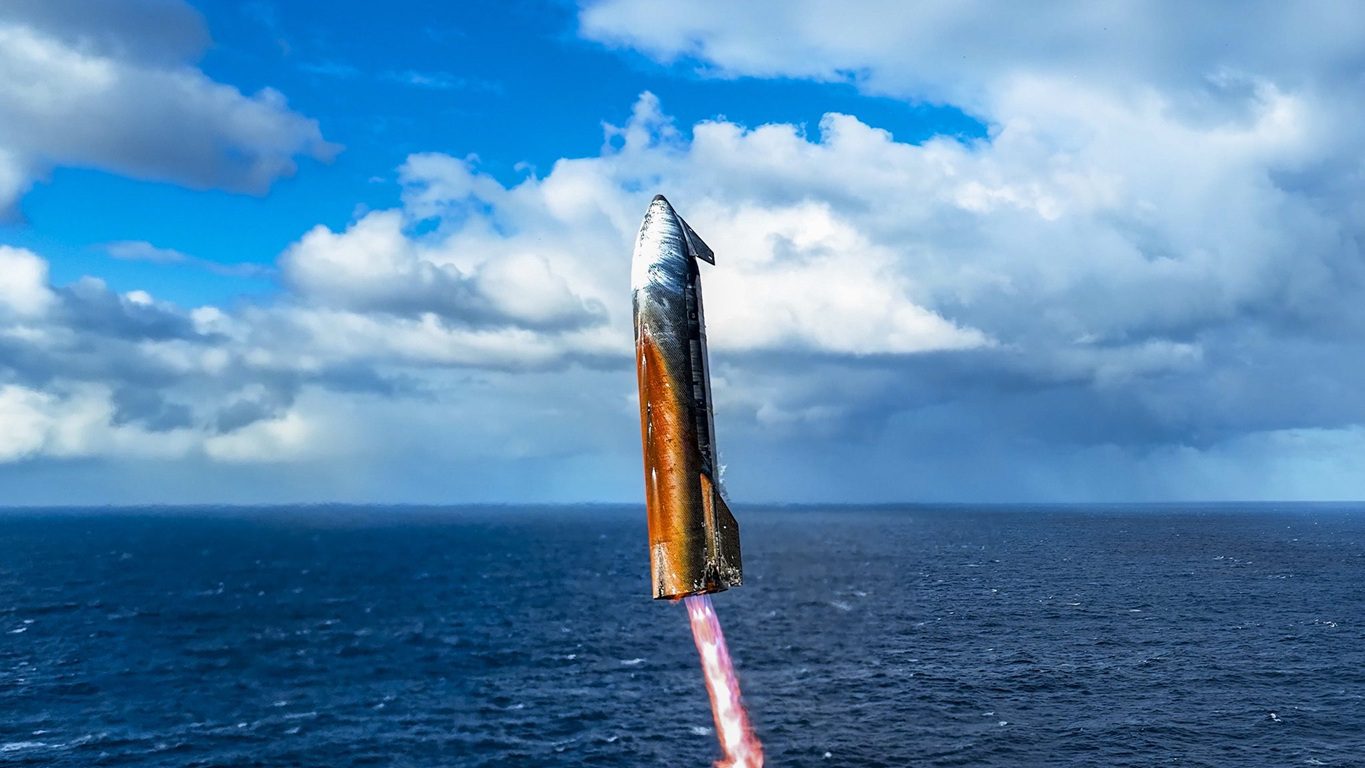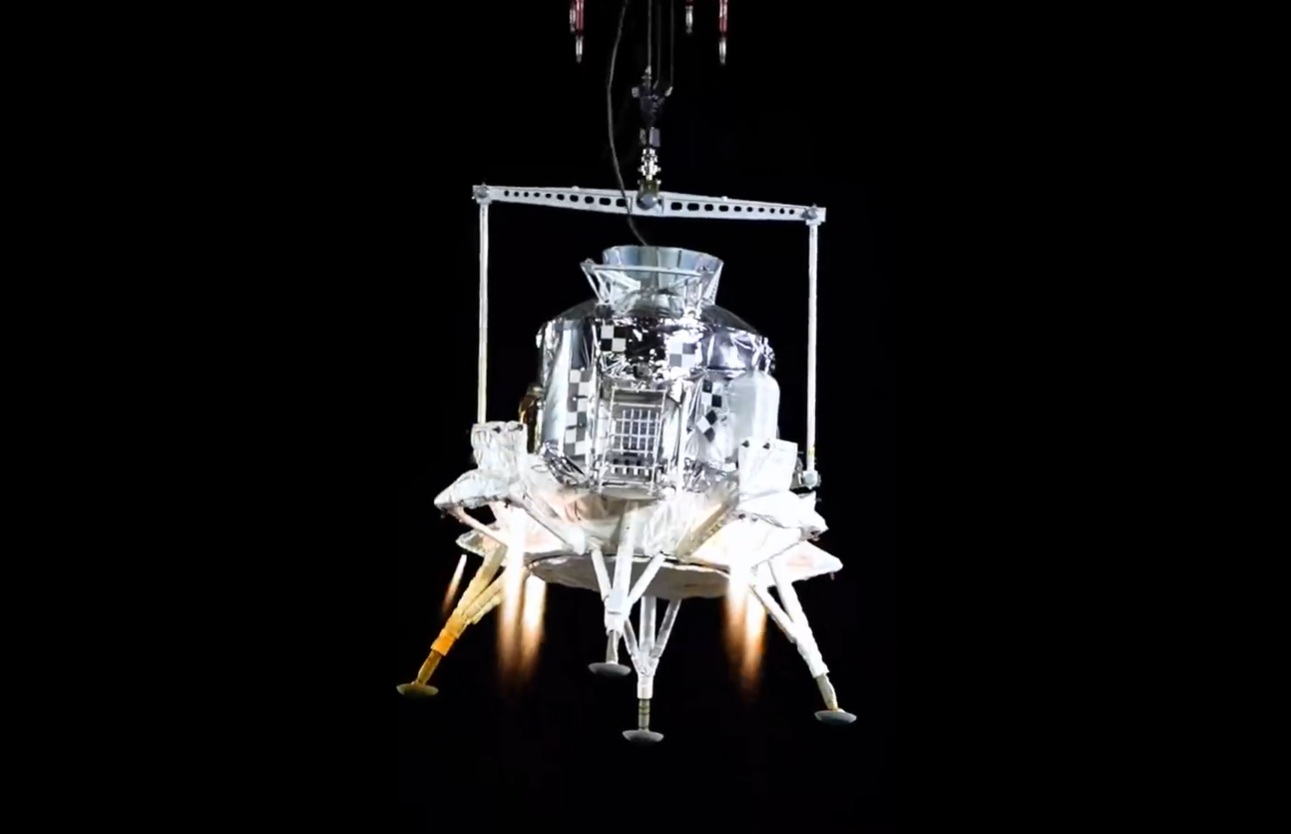NASA has announced that its Kepler planet-finding spacecraft is back in operation. After the Kepler team received warning of a low fuel state, to ensure that the spacecraft enough for a reorientation for a data download (the antenna has to be reorientated correctly), Kepler was placed into temporary safe/sleep mode on 2 July 2018. The spacecraft was woken and the “Campaign 18” data download was confirmed as as having been completed on 9 August. However, the spacecraft went back into safe mode on 24 August 2018.
The Kepler spacecraft was recovered from sleep mode and began collecting “Campaign 19” science data on 29 August. After being roused from sleep mode the spacecraft’s configuration has been modified due to unusual behaviour exhibited by one of the eight thrusters aboard. Preliminary indications are that the telescope’s pointing performance may be somewhat degraded. It remains unclear how much fuel remains; NASA continues to monitor the health and performance of the spacecraft.
To date the spacecraft as found over 2,600 planets orbiting other stars via the dimming effect that the passage of a planet has as it passes across a star’s disc. The spacecraft already has pointing difficulties, having already lost two out of four of its reaction wheels. While this is a problem, the low fuel state remains the life limiting factor for the mission. The spacecraft was launched in 2009 and had a minimum design life of 3.5 years.

